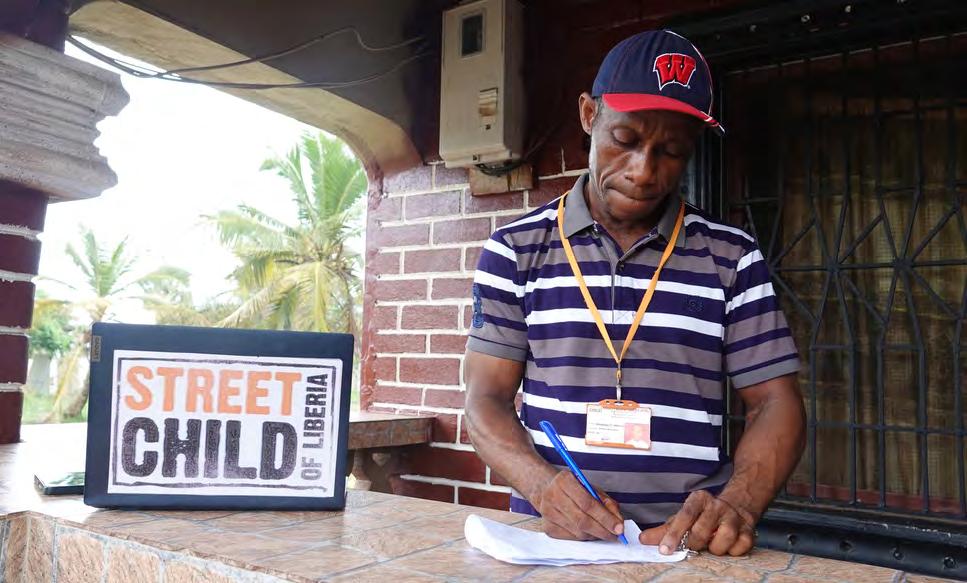
3 minute read
Education Is Not Just A Luxury
Working To Help Vulnerable Children In Liberia
Street Child Initiative of Liberia, supported by MAF flights, reaches rural areas to give children an opportunity to learn.
Abednego V. Johnson leads the office of Street Child of Liberia in Harper, Maryland County, where he works tirelessly to provide a path to education for those left in the shadows.
“Education is not just a luxury; it’s a fundamental right,” says Mr Johnson. “Our mission is to ensure that every child, regardless of their circumstances, has the opportunity to learn and prosper.”
The group, which relies on MAF flights from Liberia’s capital Monrovia to Harper in the southeast, drives initiatives which extend to helping children get off the streets, focusing on education and community development.
“We recognize that building schools is just the first step,” he says. “To truly make a difference, we must empower the community to sustain these schools themselves.”
One key strategy involves empowering local educators, often community members, to teach in these newly constructed schools, fostering a sense of ownership and sustainability.
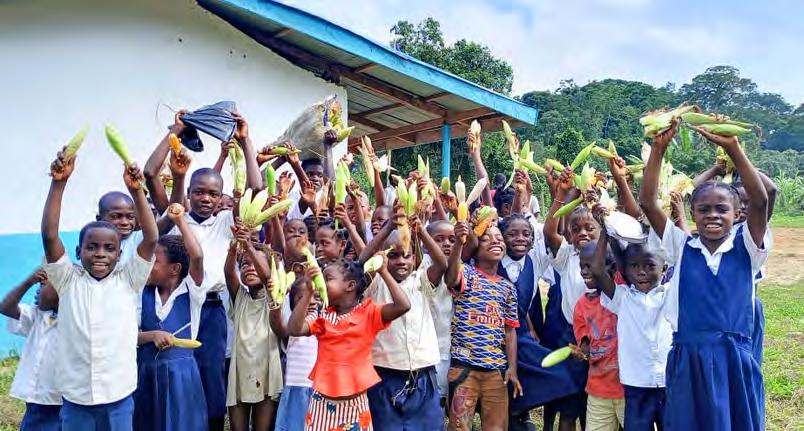
The difficulties of travelling by land are one of the biggest challenges. MAF flights support the work of the Harper office but, from there, staff reach outlying areas by vehicle or bike.
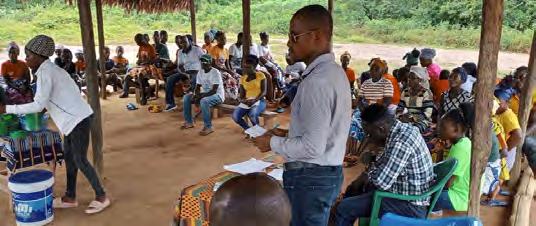
“For over months and years, we’ve been struggling with transportation challenges,” says Mr Johnson. “But thanks to the support of organisation like MAF, we’ve been able to overcome these obstacles and reach even the most remote communities.
“ Our partnership with MAF has been invaluable. Without their support, many of our projects would remain worthless in the rural areas.”
As they prepare for another mission to help give children the opportunity to get into classrooms, Mr Johnson insists: “Our work is far from over. But with the support of MAF and the unwavering determination of our team, we will continue to light up the path to education for generations to come.
“We build schools in rural communities, sponsor, and support volunteer teachers to teach in those schools.
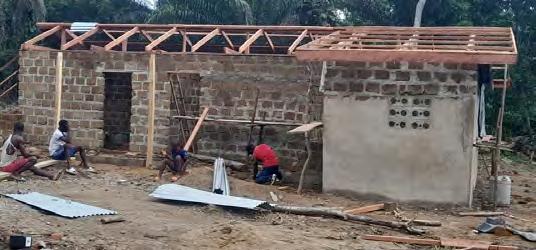
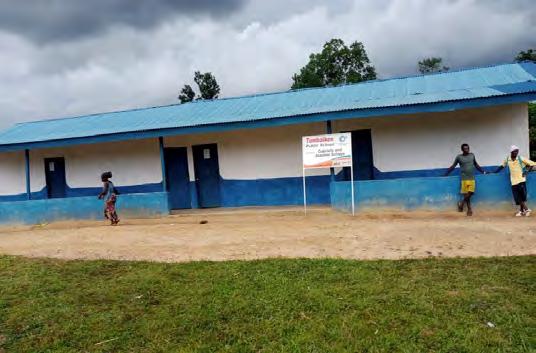
“We also have a professional social worker team who go into various communities, work with community leadership to identify children who are not in school. We support them by providing all necessary schooling materials for them to go to school.”
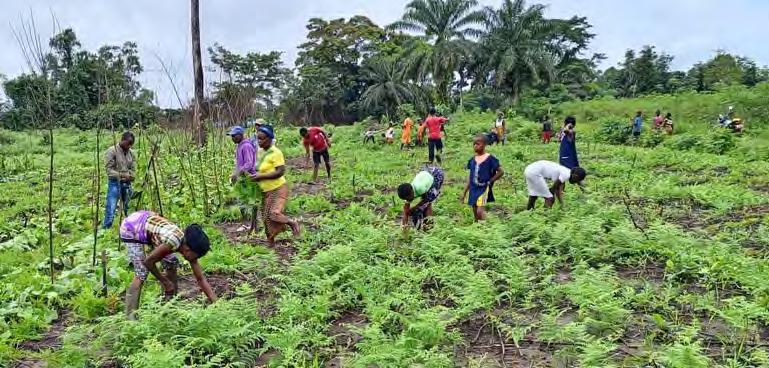
Str eet Child also provides grants to caregivers/parents to run a small and profitable business to help support and maintain their children in school.
It also c onducts business training for caregivers/parents to enhance a good business idea so they can sustain their families.

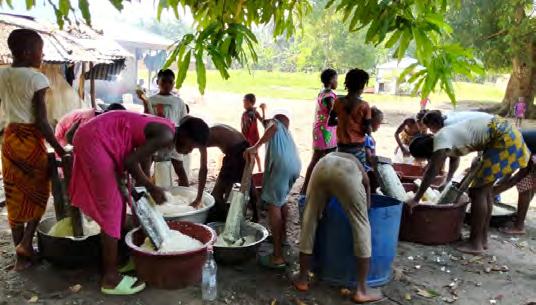
Mr Johnson adds: “In one of the communities we built a school, kids of that community could hardly understand English.
“ They only spoke and understood the Grebo dialect. After we built the school and active learning started over a few months, the children are now speaking English to their parents.
Parents, grandparents, and relatives thanked Street Child for helping their kids have access to education. They called Street Child ‘the light that gives life’.”





